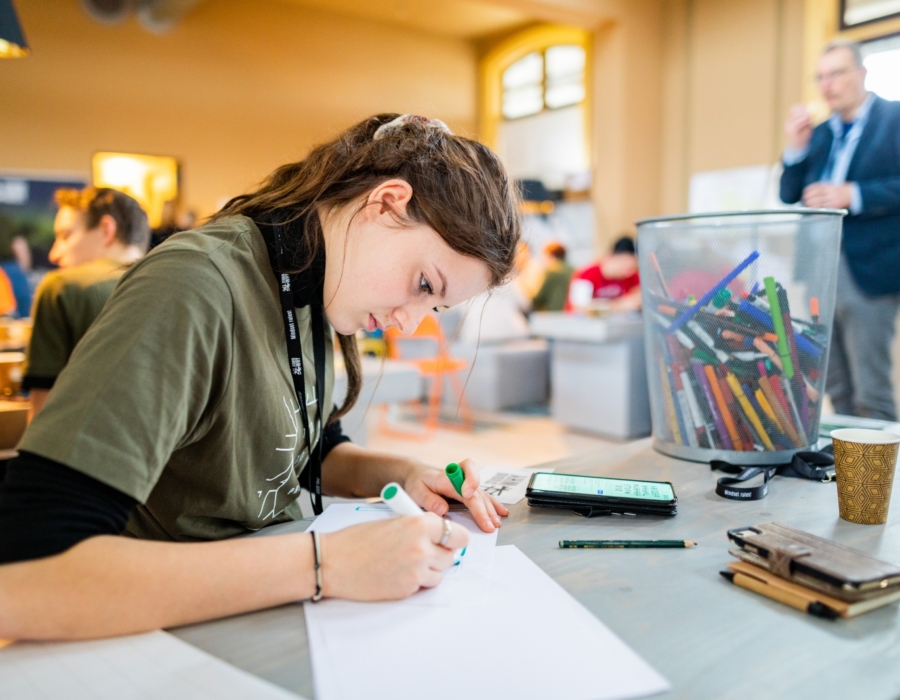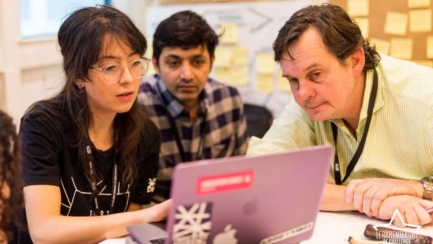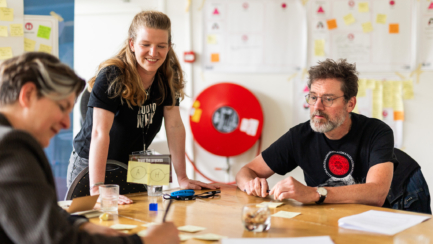Inhoudsopgave
Complex challenges such as climate change
How Entrepreneurial Design Thinking can help to achieve a Sustainable Future.
Organizations and individuals are confronted with a multitude of complex challenges such as climate change, digital disruption, and social inequality. To effectively address these issues and remain relevant, it is crucial to embrace Entrepreneurial Design Thinking. This transformative approach promotes innovation, collaboration, and creative problem-solving, enabling individuals and organizations to bring about sustainable change. In this article, we explore the concept of Entrepreneurial Design Thinking, its essential skills, and its potential to shape the future of work. We also introduce a comprehensive video course on Udemy that teaches you how to master these skills and apply them to your own area of interest.
What is Entrepreneurial Design Thinking?
Entrepreneurial design thinking is a mindset, skill set, and toolset that integrates design thinking principles with entrepreneurial behavior. It emphasizes the need for continuous innovation, value creation, and adaptability in response to complex challenges. This approach encourages individuals and organizations to view the future as something to be created rather than predicted and to actively seek opportunities to make an impact.
Entrepreneurial design thinking is a mindset, skill set, and toolset that integrates design thinking principles with entrepreneurial behavior. It emphasizes the need for continuous innovation, value creation, and adaptability in response to complex challenges. This approach encourages individuals and organizations to view the future as something to be created rather than predicted and to actively seek opportunities to make an impact.
Three Design Thinking skills of an entrepreneur:
Entrepreneurial Design Thinking is a mindset, skill set, and toolset that integrates design thinking principles with entrepreneurial behavior. It emphasizes the need for continuous innovation, value creation, and adaptability in response to complex challenges. This approach encourages individuals and organizations to view the future as something to be created rather than predicted and to actively seek opportunities to make an impact.



